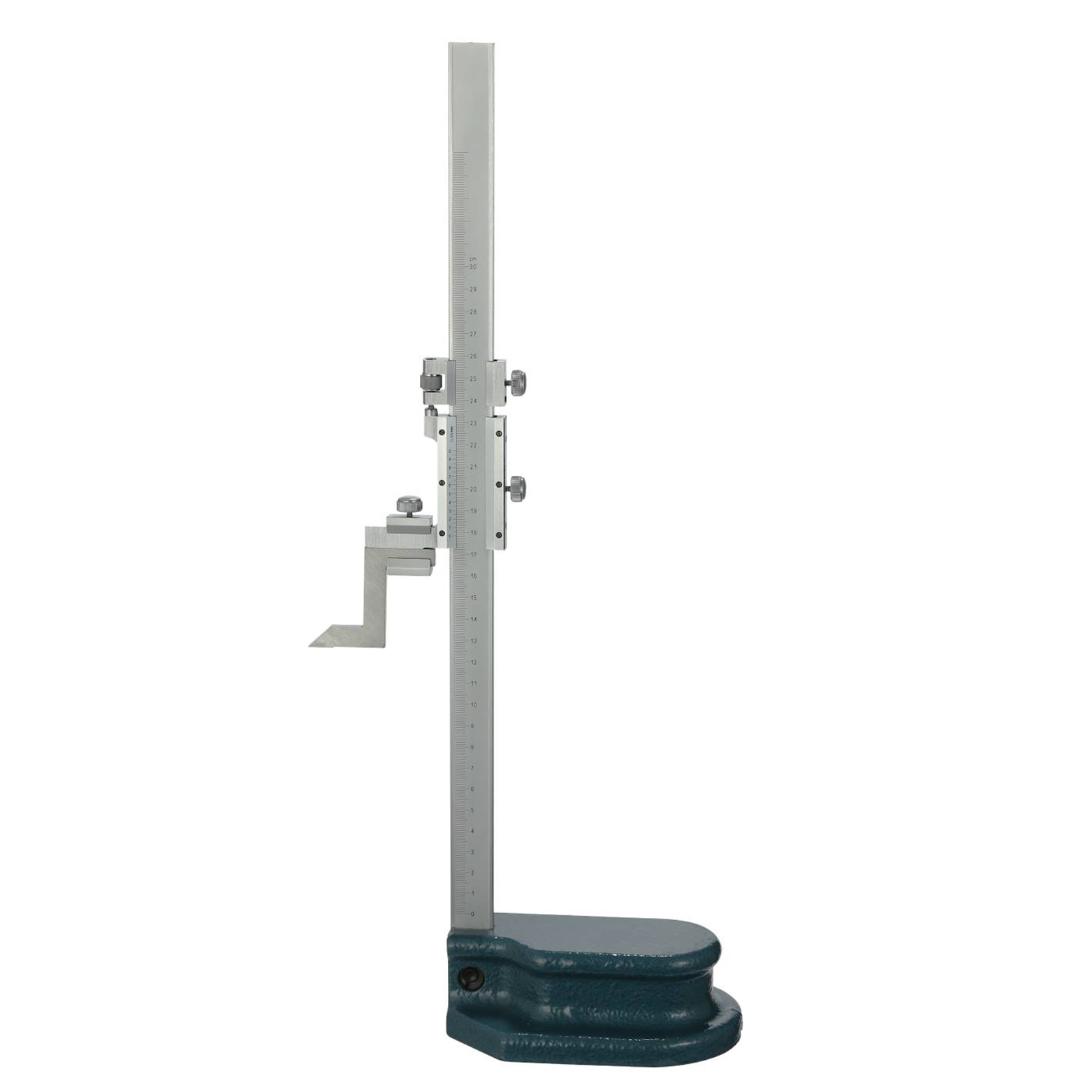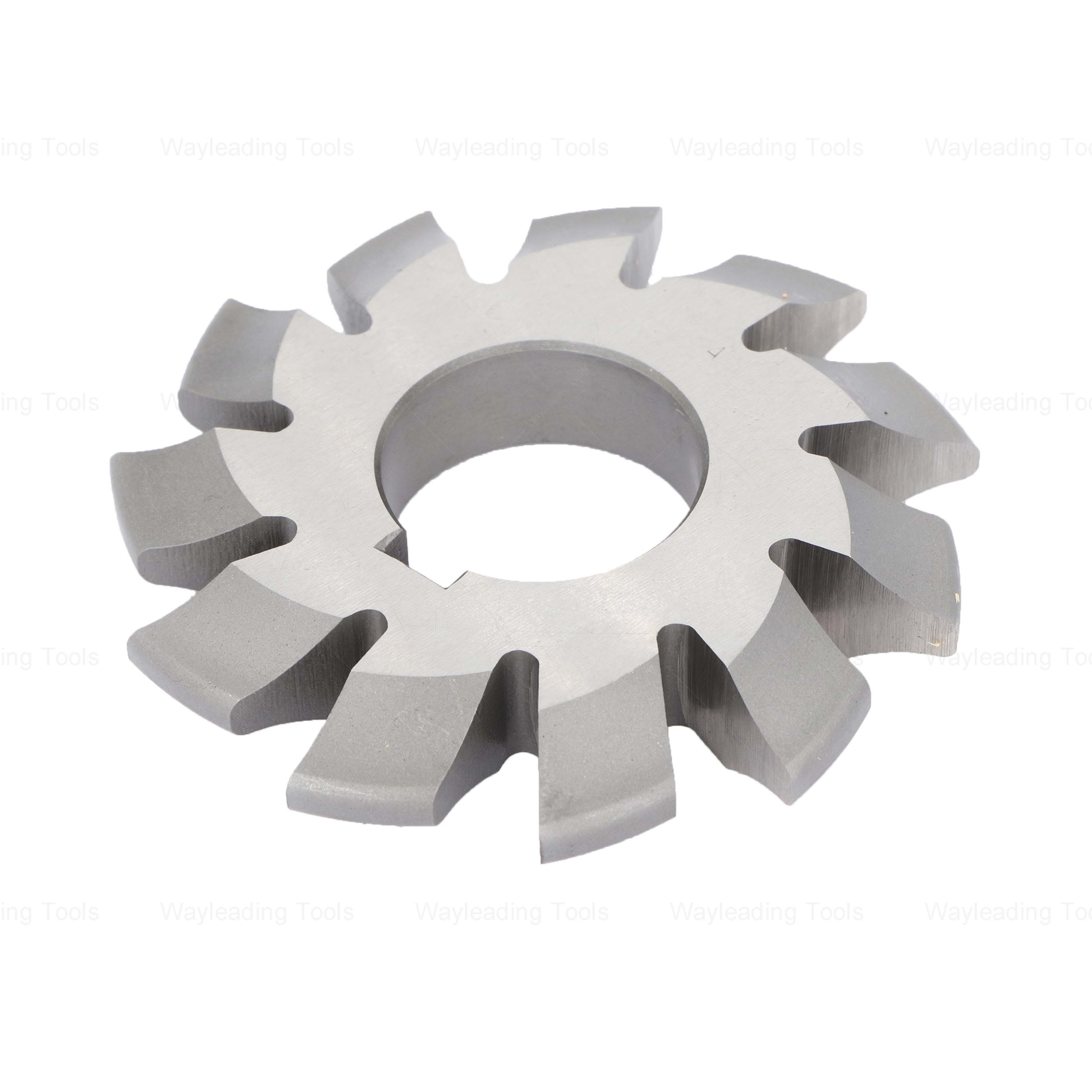morse taper adapter Factories
Morse taper adapter factories specialize in producing high-quality adapters that allow different sized Morse taper tools to be used with various machines. These adapters are crucial for ensuring compatibility and precision in machining operations. This guide explores the key aspects of these factories, including their products, manufacturing processes, quality control measures, and how to select the right factory for your needs.
Understanding Morse Taper Adapters
Before diving into the factories, let's clarify what morse taper adapters are and why they are essential.
What is a Morse Taper?
A Morse taper is a standardized system for fitting tapered shanks on machine tools. It provides a secure and accurate way to hold tools such as drill bits, reamers, and end mills in a machine spindle. The taper allows for easy insertion and removal of the tool, while maintaining a strong and precise connection.
Why Use a Morse Taper Adapter?
Machines often have a specific Morse taper size. If a tool has a different taper size, a morse taper adapter is used to bridge the gap. This avoids the need to purchase entirely new tools for each machine, saving time and money. Adapters also allow using smaller shank tools in larger machines, adding versatility to your workshop.
Key Products Offered by Morse Taper Adapter Factories
Factories specializing in morse taper adapters typically offer a range of products to suit various needs. Here are some common types:
- Morse Taper Sleeves: These adapters increase the size of a tool's Morse taper shank.
- Morse Taper Sockets: These adapters decrease the size of a machine's spindle bore.
- Morse Taper Extension Sockets: These provide an extension for tools, allowing them to reach deeper into workpieces.
- Drill Sleeves: Specifically designed for holding drill bits with Morse taper shanks.
The Manufacturing Process at a Morse Taper Adapter Factory
Manufacturing high-quality morse taper adapters requires a precise and controlled process. Here's an overview:
- Material Selection: High-quality steel alloys, such as high-carbon steel or alloy steel, are selected for their strength, hardness, and wear resistance.
- Machining: CNC (Computer Numerical Control) machines are used to precisely shape the adapter to the required dimensions. This ensures accurate taper angles and smooth surfaces.
- Heat Treatment: Heat treatment processes, such as hardening and tempering, are applied to improve the adapter's durability and resistance to wear.
- Grinding: Precision grinding ensures the final dimensions and surface finish meet the required specifications. This is crucial for accurate tool holding.
- Quality Control: Each adapter undergoes rigorous inspection to ensure it meets the specified tolerances and performance standards.
Quality Control and Standards
Quality control is paramount in morse taper adapter manufacturing. Factories often adhere to international standards such as:
- ISO 296: Specifies the dimensions and tolerances for Morse tapers.
- DIN 228: A German standard for Morse tapers, similar to ISO 296.
Stringent quality control measures include:
- Dimensional Inspection: Using precision instruments like calipers, micrometers, and coordinate measuring machines (CMMs) to verify dimensions.
- Surface Finish Inspection: Checking the surface roughness of the taper using surface profilometers.
- Hardness Testing: Ensuring the adapter meets the specified hardness requirements using Rockwell or Vickers hardness testers.
- Taper Angle Measurement: Verifying the accuracy of the taper angle using taper gauges.
Selecting the Right Morse Taper Adapter Factory
Choosing the right morse taper adapter factory is crucial for ensuring you receive high-quality products that meet your specific needs. Consider the following factors:
- Experience and Reputation: Look for factories with a proven track record and positive customer reviews.
- Manufacturing Capabilities: Ensure the factory has the necessary equipment and expertise to produce the adapters you need.
- Quality Control Procedures: Inquire about the factory's quality control processes and certifications.
- Material Traceability: Verify that the factory can provide traceability for the materials used in their adapters.
- Customization Options: If you require custom adapters, ensure the factory can accommodate your specific requirements.
- Pricing and Lead Times: Compare pricing and lead times from different factories to find the best value.
Case Study: Wayleading Tools and their Morse Taper Adapters
Wayleading Tools, a reputable manufacturer, offers a comprehensive range of morse taper adapters designed for precision and durability. Their adapters are crafted from high-quality alloy steel and undergo rigorous quality control to ensure they meet international standards. For example, their MT2 to MT3 adapter is a popular choice for machinists needing to use larger taper tooling on smaller spindle machines. You can view their full product catalog on their website.
Tips for Using and Maintaining Morse Taper Adapters
To ensure the longevity and performance of your morse taper adapters, follow these tips:
- Cleanliness: Always clean both the adapter and the tool shank before use to remove any dirt or debris.
- Lubrication: Apply a thin layer of anti-seize compound to the taper surfaces to prevent galling and ensure smooth insertion and removal.
- Proper Insertion: Ensure the adapter is fully seated in the machine spindle. Use a drawbar or other retention mechanism to secure it in place.
- Storage: Store adapters in a clean, dry place to prevent corrosion.
Cost Considerations
The cost of morse taper adapters can vary depending on several factors, including:
- Material: Adapters made from high-quality alloy steels will typically be more expensive than those made from lower-grade materials.
- Manufacturing Process: Adapters manufactured using precision CNC machining and heat treatment processes will generally be more expensive but offer superior accuracy and durability.
- Size and Complexity: Larger and more complex adapters will typically cost more to manufacture.
- Quantity: Purchasing adapters in bulk may result in lower per-unit costs.
Future Trends in Morse Taper Adapter Manufacturing
The morse taper adapter industry is constantly evolving, with manufacturers adopting new technologies and materials to improve performance and efficiency. Some trends to watch include:
- Advanced Materials: The use of new materials, such as carbide and ceramic composites, to enhance wear resistance and thermal stability.
- Additive Manufacturing: The adoption of additive manufacturing (3D printing) techniques to create complex adapter designs and customized solutions.
- Smart Adapters: The integration of sensors and data analytics to monitor adapter performance and predict potential failures.
Related products
Related products
Best selling products
Best selling products-
 Adjustable Tap And Reamer Wrench For Thread Cutting Tools
Adjustable Tap And Reamer Wrench For Thread Cutting Tools -
 Precision 17pcs Angle Blocks Set With High Quality Type
Precision 17pcs Angle Blocks Set With High Quality Type -
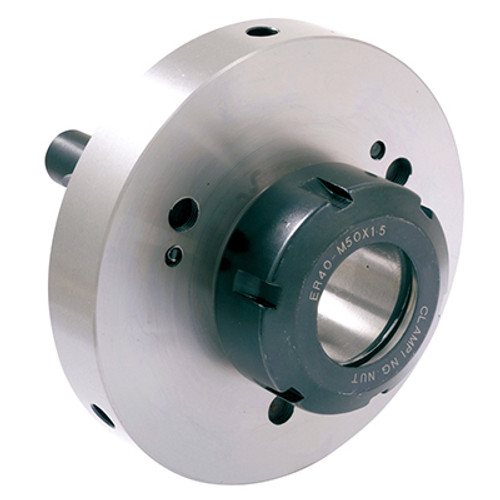 Camlock ER Collet Fixture With Lathe Collet Chuck
Camlock ER Collet Fixture With Lathe Collet Chuck -
 Type G Arc Pointed Tree Tungsten Carbide Rotary Burr
Type G Arc Pointed Tree Tungsten Carbide Rotary Burr -
 DIN4971-ISO1 Carbide Tipped Tool Bit With Right And Left Hand
DIN4971-ISO1 Carbide Tipped Tool Bit With Right And Left Hand -
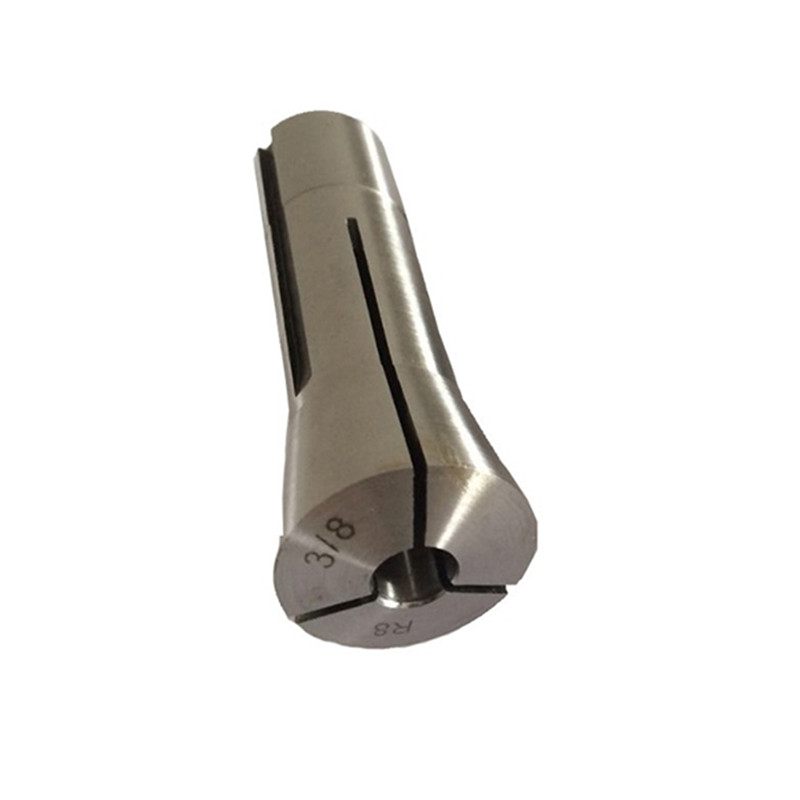 R8 Round Collet With Inch and Metric Size
R8 Round Collet With Inch and Metric Size -
 ISO Metric Hexagon Die With Right Hand
ISO Metric Hexagon Die With Right Hand -
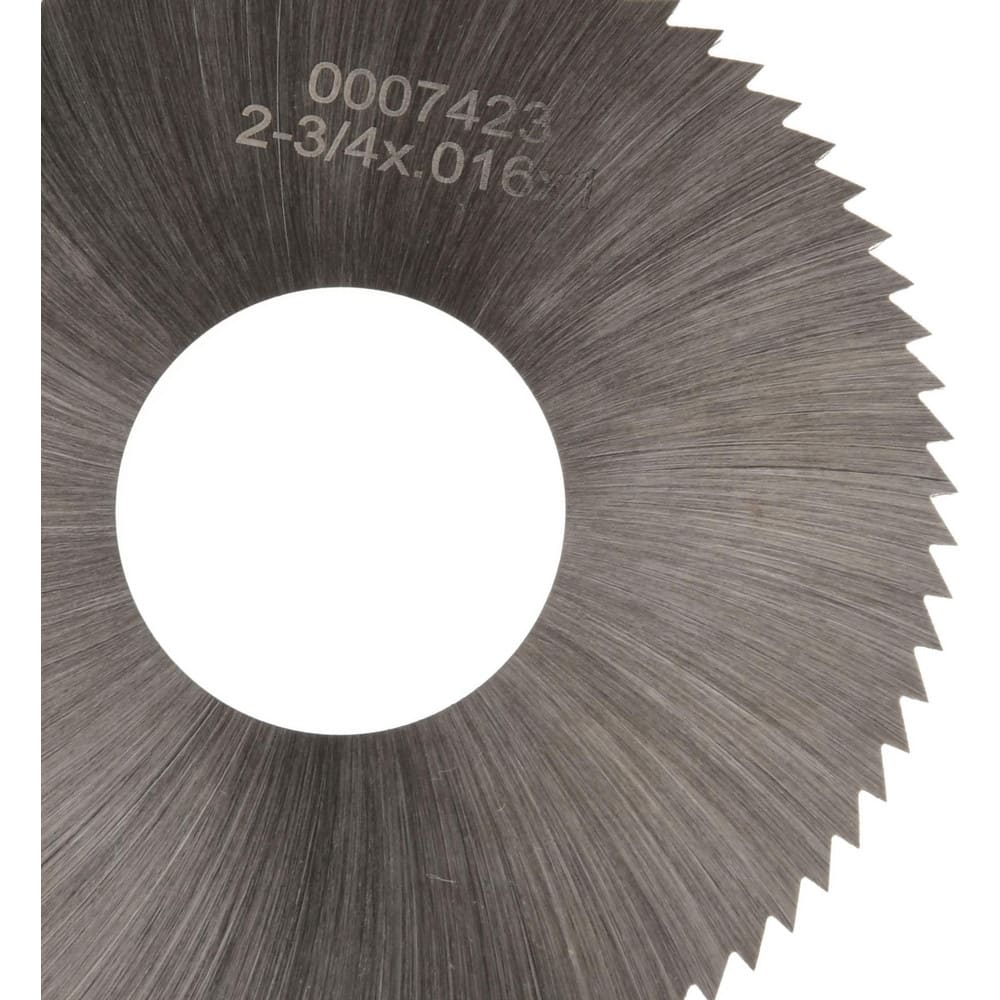 HSS Inch Plain Metal Slitting Saws For Industrial
HSS Inch Plain Metal Slitting Saws For Industrial -
 Precision Dial Indicator Gage For Industrial With Jeweled
Precision Dial Indicator Gage For Industrial With Jeweled -
 HSS Metric Plain Metal Slitting Saws For Industrial
HSS Metric Plain Metal Slitting Saws For Industrial -
 HSS Inch Screw Slotting Saws For Industrial With Bright Or TiN Coated
HSS Inch Screw Slotting Saws For Industrial With Bright Or TiN Coated -
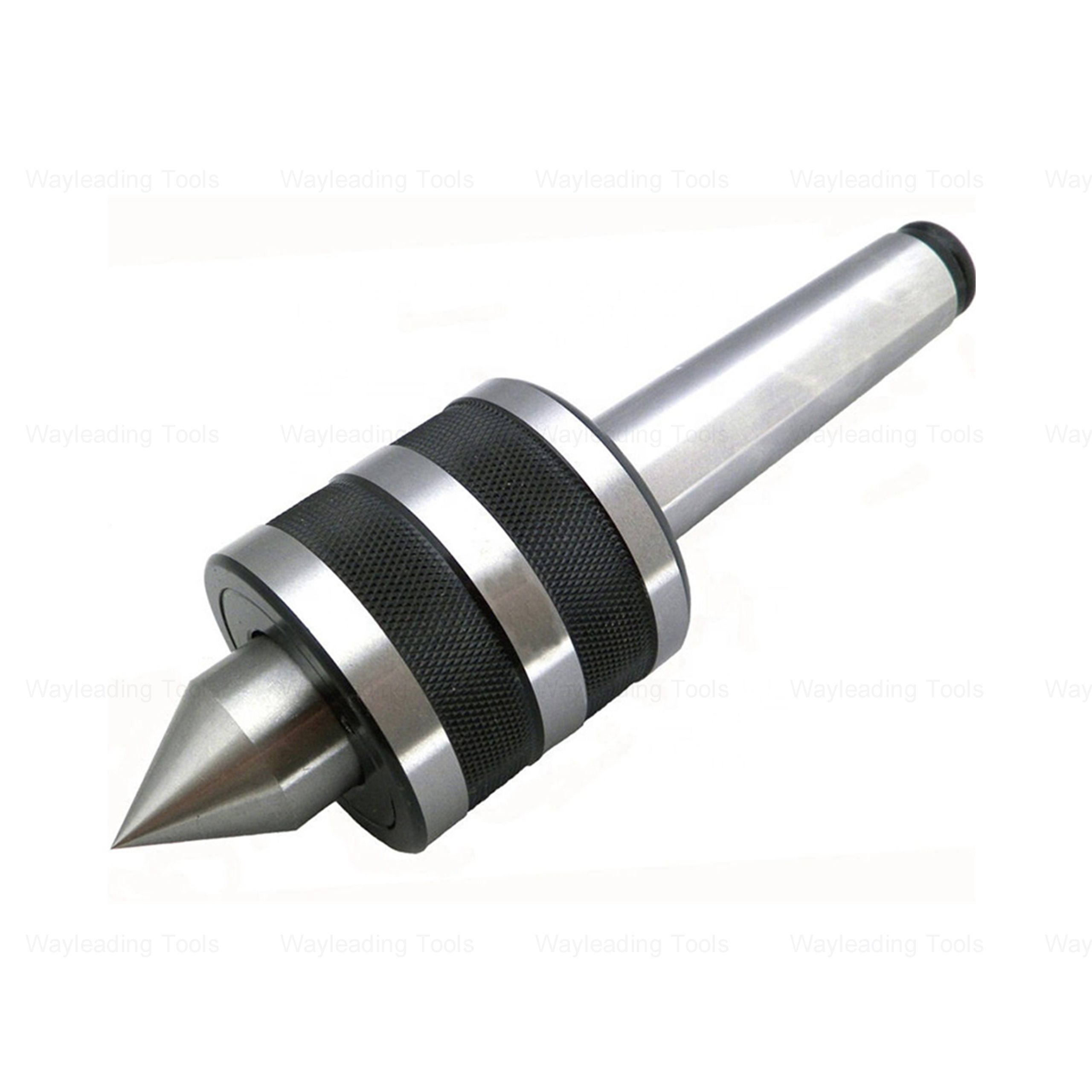 High Precision Medium-Duty Live Center – Hardened Tip, Morse Taper Shank
High Precision Medium-Duty Live Center – Hardened Tip, Morse Taper Shank

